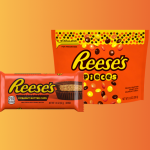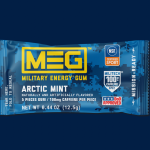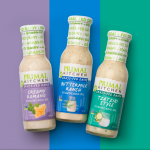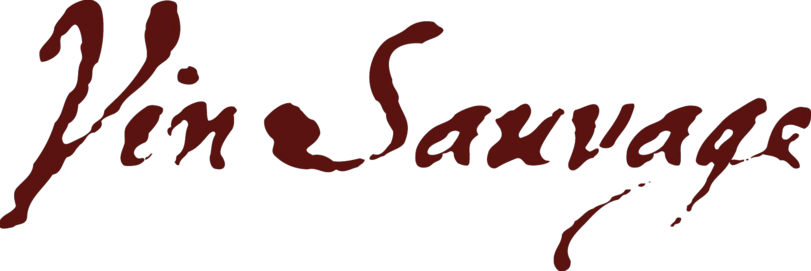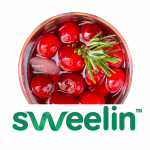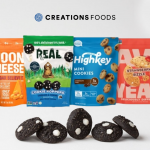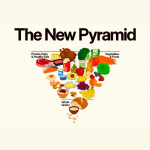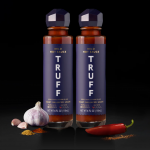Inside the Deal: Mondelēz Exec on Hu: “We See a Long Runway”
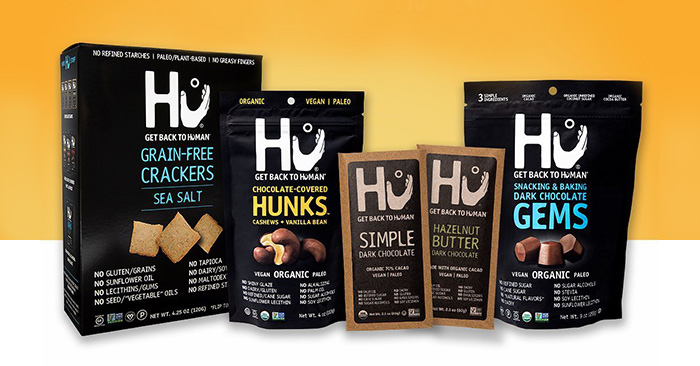
Here’s the problem for Mondelēz International: it’s obsessed with snacking, but consumers are changing what they eat when they snack. Here’s the solution, according to Glen Walter, who is the company’s North American president — buy a company that’s firmly grounded in those changing tastes.
Hence, the multinational company acquired young confection and cracker brand Hu earlier this month. As consumer preferences change and grow, with more and more shoppers looking for better-for-you products, the emerging brand, with its low sugar, clean-label products, gives the strategic its first potential platform in the natural confection space.
Rolling in a performance-based payout, the deal could ultimately value Hu at over $400 million, a record setting multiple for the category, according to a source close to the deal. Mondelēz had invested in Hu in 2019, but nevertheless had to beat an offer from another potential acquirer, according to Walters.
Not bad for a sale that wasn’t exactly planned, according to co-founder Jason Karp. Yes, the company had built up its CPG experience by bringing on an executive who had previously sold an entrepreneurial brand to Unilever when it hired Mark Ramadan, late of condiment brand Sir Kensington’s, as President in 2019. But the sale was triggered by an outside offer, notes Karp. Still, once there was an opportunity on the table, Mondelēz, which had a right of first offer built into its prior deal terms, decided to not risk losing out.
Maybe the acquisition was sooner than expected, but the investment pathway was all part of the formalized venture arm set up by Mondelēz in 2019, Walter said. The sale took into account where the brand was before the sale, and where Mondelēz thinks it can ultimately become, according to Karp.
“Because of our productivity in the stores we do go into, and how well we do relative to all other chocolate brands, a strategic [could] see that the probability of this being extensible into more products and more stores is higher,” he said.
On Hu’s side, with Mondelēz, the team “knew what they were getting,” Karp said and felt the strategic could be additive to their business while not infringing on the brand’s dedication to quality. Ramadan, who sold his company to Unilever in 2017, added that he appreciated that Mondelēz had set up a formal venture arm and had experience keeping acquisitions — such as Tate’s and Perfect Snacks — as stand alone entities.
“The way [Mondelēz] thinks about it, is much more black and white in a way that made me feel really good about saying to Jason and Jordan ‘I think you can trust Mondelēz with your legacy here.’” Ramadan said. “It feels like they are determined internally to protect these brands.”
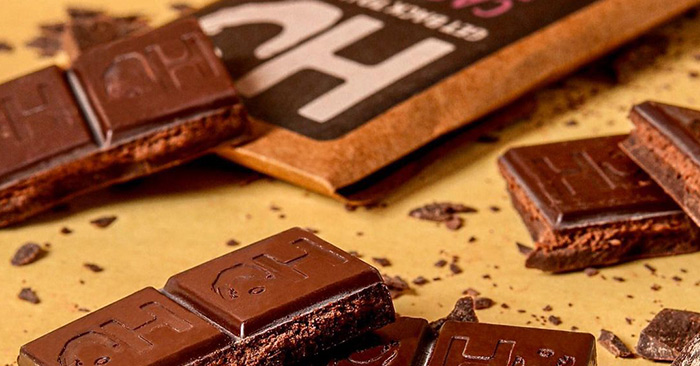
There’s certainly room for Mondelēz to help with growth. To-date, Hu sells in just 5,000 stores, largely within the natural and specialty channels. Though it has an ecommerce presence, recently launching a subscription offering, the bulk of its business is done in physical stores. The limited in-store presence is not due to a lack of demand, Ramadan said, but rather from the company holding back on distribution in order to scale and grow responsibly. Karp said that the company has avoided over-expansion to this point to maintain its position as a premium brand.
The goal was to build a company that could last and not simply acquire growth and doors at the sacrifice of quality and profitability, Ramadan added, noting his belief that Hu has not even topped out its existing consumer base.
There’s also room for product expansion. Hu produces crackers, chocolate bites, chocolate-coated fruits and nuts and chocolate bars (a previous test of coffee beans was discontinued), but the vast majority of sales come from the bar business. With Mondelēz’s help, co-founder Jordan Brown said, the brand can continue to build sales for its enrobed chocolate products and crackers as well as expand into other baking categories.
Price may also be a barrier to mainstream acceptance. Currently Hu’s chocolate bars have an MSRP of $4.99 per bar, its crackers $5.99 a box and its gems $9.99 per bag. Though scale and the access to Mondelēz’s supplier partners may help drop costs somewhat, the team is more apt to invest those savings back into the product, Brown said. For example, over 2020 the company transitioned all of its products over to organic chocolate, yet kept pricing the same.
The strategy of investing in product quality will remain a focus, Walters said, with Mondelēz offering support but otherwise “stay[ing] out of their way and let[ting] them continue to do the magic that has gotten them here.”
“We see a long runway without compromising [on] any of the story or promise they’ve built on ingredients and the brand,” Walters added “A brand is a promise, and a strong brand is a promise that you keep.”
Explore the Nombase CPG Database
Head to Nombase to learn more about the tagged companies and their offerings.


